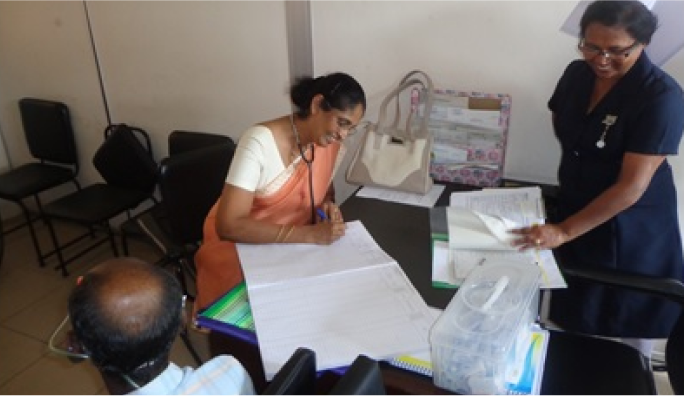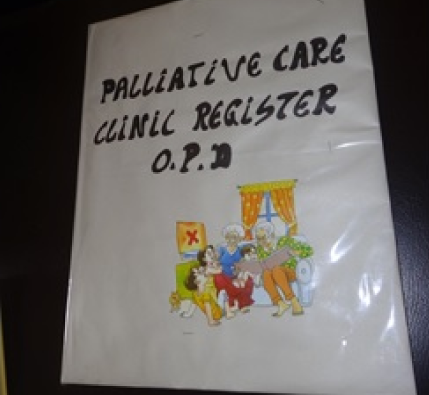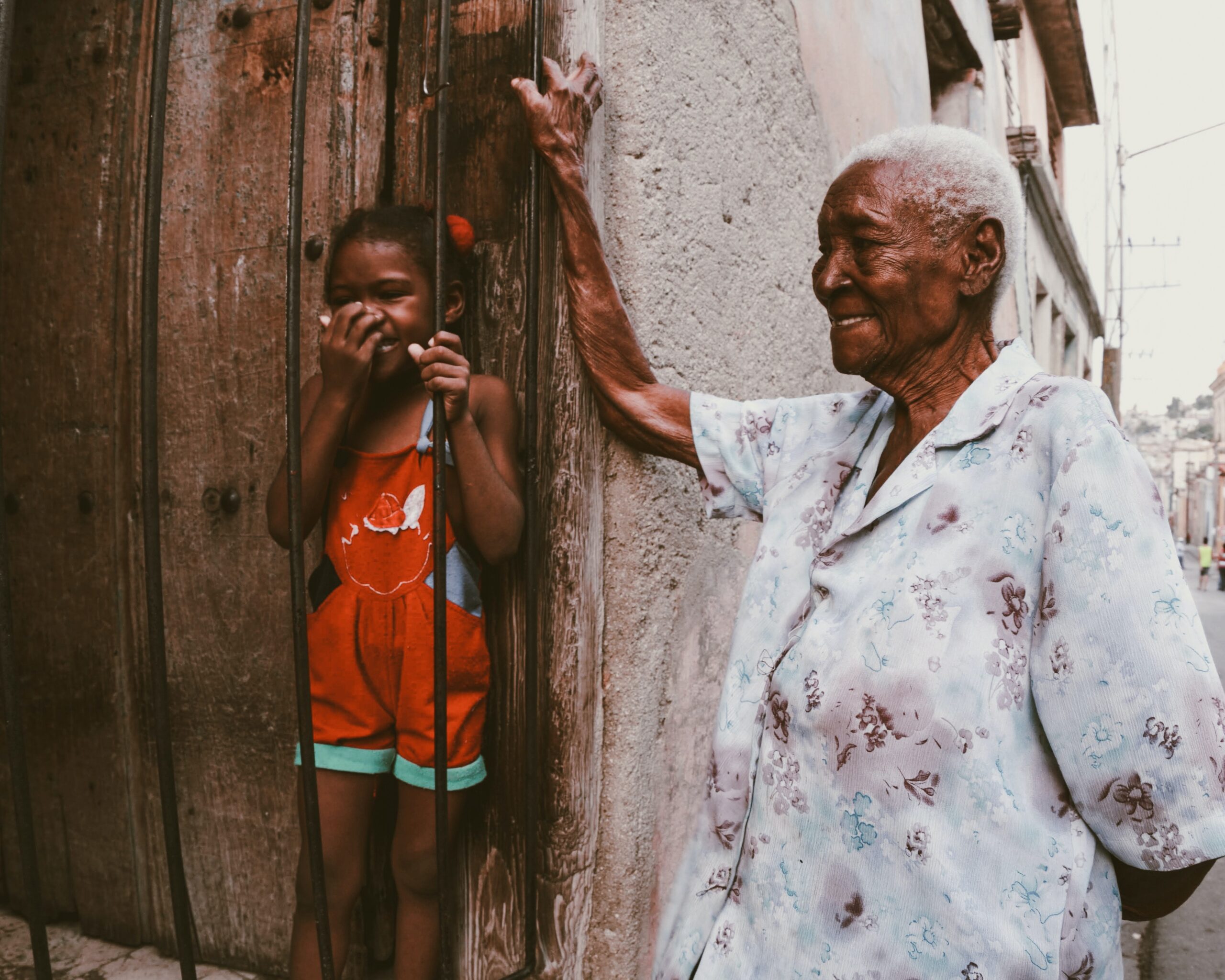SINCE 2014
A seed has grown into a system and more





trained in palliative care services
involved in palliative care services
In 2019, Sri Lanka’s National Cancer Control programme organised a team-based palliative care training workshop with consultation from Lien Collab. Some 61 participants attended the 5-day session conducted by 17 locals who had completed the Train-the-Trainers programme we ran between 2014 to 2017.



Sri Lanka’s population of 21 million has long suffered from inadequate access to palliative care. Such services were traditionally not funded by the government, but instead provided by charities that are heavily dependent on donors.
In 2014, we began working with Sri Lanka’s National Cancer Institute and its National Cancer Control Programme to launch an in-country training programme. Over the next four years, our Train-the-Trainers programme was completed by 50 participants from 20 institutions. In addition, we sent 7 clinicians to Singapore for clinical observerships in 2019, as well as organised a team-based palliative care training for 21 institutions in Colombo.


Our initiatives to nurture Sri Lanka’s next generation of palliative medicine advocates has been matched by efforts in the country. In 2020, the President’s Fund committed a sum of LKR 20 million to set up a palliative care centre in the Teaching Hospital Karapitiya, the largest tertiary care centre in the country’s Southern Province. A new College of Palliative Medicine of Sri Lanka was also inaugurated in 2021. The college has since awarded its first fellowship and launched a palliative care guidebook for primary caregivers that is endorsed by the country’s Ministry of Health.
While expanding palliative care capacity, we have also increased access to it. In 2015, a new outpatient service was started at the National Cancer Institute. Outpatient prescriptions for oral morphine were increased from 3 to 30 days at government-approved cancer clinics and palliative care and pain clinics too. A National Steering Committee on Palliative Care was also established in 2016, and it has since developed a strategic framework to advance the specialisation in Sri Lanka.




Dr Ghauri Aggarwal (Australia)

A decade-long effort has helped palliative care take root for good

Building and tailoring palliative care services for the landlocked kingdom

Our largest efforts in palliative care training to date

Growing palliative care access in the world’s most populous country

Exploring ways to bring relief to a challenging healthcare system

Our pioneering programme is now independently run by local volunteers

Growing and expanding the nascent network of care

Planting the seeds of palliative care in the largest state of Malaysia

Taking the first steps to introducing palliative care
APHN Secretariat
c/o Division of Supportive & Palliative Care National Cancer Centre Singapore
30 Hospital Boulevard
Singapore 168583
Lien Collaborative for Palliative Care (Lien Collab) draws on philanthropy, health institutions, palliative care service providers, individuals and more to strengthen leadership and capacity in bringing pain relief to all.